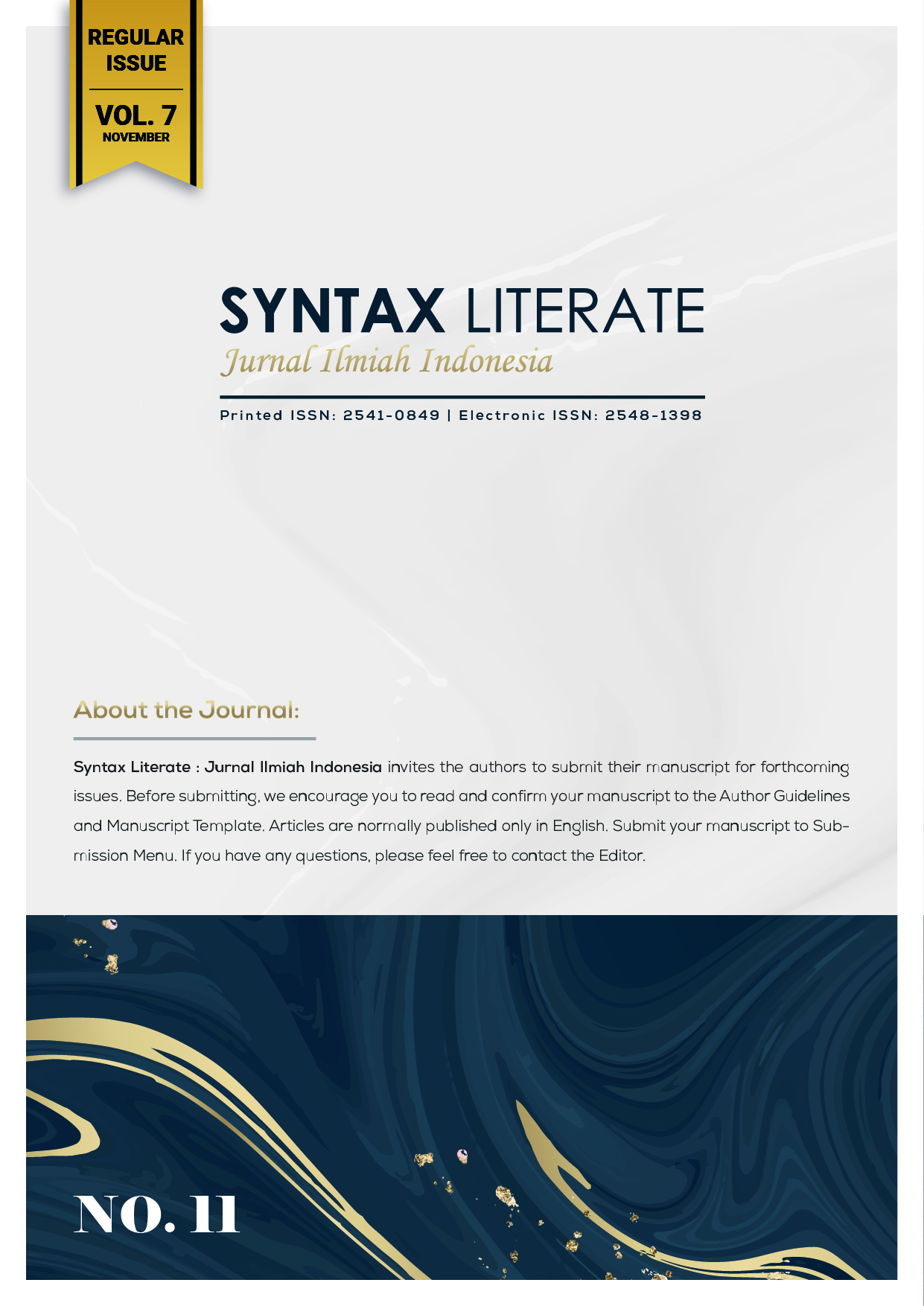Composite and Investment Indices’ Performance on Shortened Trading Hours Implementation: an Event Study
Abstract
The Jakarta Composite Index (JCI) has reached an all-time high, and both transaction volume and the number of investors are growing significantly. The Indonesian government implemented a new policy in response to the stabilization of the economy, which impacted the capital market. IDX instituted shortened trading hours on March 30, 2020. During a pandemic, not only Indonesia but also several other exchanges employ a shortened trading hours policy. Previous research using the event study method examined market reactions during the pandemic period and discovered that return and abnormal return on specific sectors plummeted. This research intended to investigate the impact of shortened trading hours implementation on 10 investment indices using event study and a 20-day event window before and after the implementation of shortened trading hours. Using a 20-day event window before and after the policy, this study will examine the cumulative abnormal return (CAR) from each sample index and its relationship to the shortened trading hours policy. As a result, since the policy was implemented during the early stages of the pandemic, there is no correlation between shortened trading hours and CAR. Furthermore, JII is one of the indices that is growing during the event window. Adding knowledge of trading hours policy effect to achieve higher market performance during the global crisis period, so that investors know which indices to use for investment and consider employing shortened trading hours policy after pandemic.
Downloads
References
Albergamo, A., Apprato, G., & Silvagno, F. (2022). The role of vitamin D in supporting health in the COVID-19 era. International Journal of Molecular Sciences, 23(7), 3621.
Bodie, Z., Kane, A., & Marcus, A. J. (2018). Investments. 11" ed. US. New York: McGraw-Hill education.
Gao, X., Ren, Y., & Umar, M. (2022). To what extent does COVID-19 drive stock market volatility? A comparison between the US and China. Economic Research-Ekonomska Istraživanja, 35(1), 1686–1706.
Guimarães, P. (2016). Revisiting retail planning policies in countries of restraint of Western Europe. International Journal of Urban Sciences, 20(3), 361–380.
Ji, X., Bu, N. T., Zheng, C., Xiao, H., Liu, C., Chen, X., & Wang, K. (2022). Stock market reaction to the COVID-19 pandemic: an event study. Portuguese Economic Journal, 1–20.
Khoirunurrofik, K., Abdurrachman, F., & Putri, L. A. M. (2022). Half-hearted policies on mobility restrictions during COVID-19 in Indonesia: A portrait of large informal economy country. Transportation Research Interdisciplinary Perspectives, 13, 100517.
Liao, X. (2016). Are Hong Kong Investors Interested in Shenzhen-Hong Kong Stock Connect—An Investor Behavior Analysis Based on Shanghai-Hong Kong Stock Connect. Open Journal of Social Sciences, 4(03), 293.
Liu, H., Manzoor, A., Wang, C., Zhang, L., & Manzoor, Z. (2020). The COVID-19 outbreak and affected countries stock markets response. International Journal of Environmental Research and Public Health, 17(8), 2800.
Mackinlay, E., Mackinlay, & Christie. (2019). Critical Writing for Embodied Approaches. Springer.
McWilliams, A., & Siegel, D. S. (2011). Creating and capturing value: Strategic corporate social responsibility, resource-based theory, and sustainable competitive advantage. Journal of Management, 37(5), 1480–1495.
Miwa, K. (2018). Effective extension of trading hours. Evolutionary and Institutional Economics Review, 15(1), 139–166.
Miwa, K. (2019). Trading hours extension and intraday price behavior. International Review of Economics & Finance, 64, 572–585.
Setyawati, I., Sufyati, H. S., Kasim, M. Y., Meini, Z., & Hardini, R. (2021). Does the Indonesian Capital Market Have Resistance During the Pandemic of Covid-19? Italienisch, 11(2), 464–469.
Sharif, A., Aloui, C., & Yarovaya, L. (2020). COVID-19 pandemic, oil prices, stock market, geopolitical risk and policy uncertainty nexus in the US economy: Fresh evidence from the wavelet-based approach. International Review of Financial Analysis, 70, 101496.
Yunus Kasim, M., Muslimin, & Dwijaya, I. K. B. (2022). Market reaction to the Covid-19 pandemic: Events study at stocks listed on LQ45 index. Cogent Business & Management, 9(1), 2024979.
Copyright (c) 2022 Aulia Dhita Permata

This work is licensed under a Creative Commons Attribution-ShareAlike 4.0 International License.











